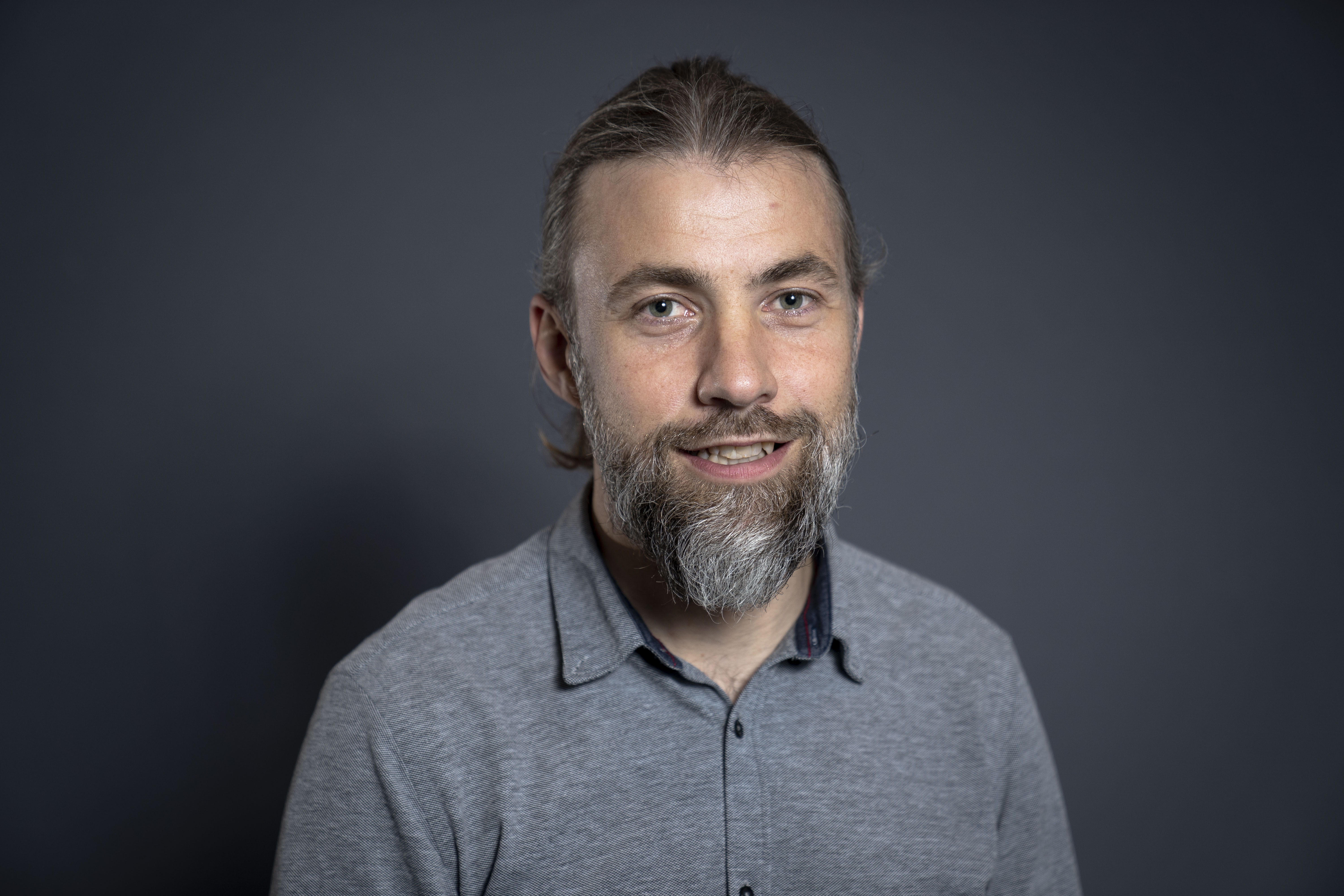Bjarke Refslund
Research leader

Project title
The formation of worker collectivism among migrant workers in Denmark, Germany and the UK
What is your project about?
My project asks the question; when do migrant workers define their labour market interests, and the means to achieve these, in collective rather than individual terms. Labour migration is increasing in most EU countries, but migrants often work in "secondary labour markets" with lower wages and poorer working conditions. This is partly explained by labour migrants are less oriented towards collective solutions and to some extent also collective rights such as collective agreements, which are central to the regulation of the Danish labour market. The project compares labour migrants' views on collective solutions and action in Germany, Denmark and England. Specifically, the project examines the conditions under which migrant workers turn towards collective rather than individual action. In addition, the project examines how migrants' positioning towards collective solutions is shaped by labour market institutions and organisations in particular trade unions.
How did you become interested in your particular field of research?
Early in my career I became interested in transnational political dynamics and how these affect national institutions. Here, labour migration is one of the most concrete, central and dynamic aspects of these transnational political and economic forces. When you combine knowledge from more local settings, for example from a specific factory or a workplace, with the broader labour market and political-economic research framework, this can be highly illuminative of labour market developments and the explanations for the development. Moreover, migrant workers are an interesting and vigorous group to do research among.
What are the scientific challenges and perspectives in your project?
Migrant workers are often in a vulnerable labour market position, since they are very dependent on the employers, therefore they can be difficult to do research among. Just gaining access to the research field requires often a great deal of effort. At the same time, labour markets are complex phenomena that remain national in nature, so it is a challenge in a comparative project like this to ensure that you really gain a deeper understanding of the functioning of the labour market in the national cases. Hence, analytically, it is a challenge to find the right balance between, which of the findings are generally applicable and what is more particularistic for the specific context. That said, there is very limited research on migrant workers and their collective agency, and their understanding of collective action, therefore the project can contribute to open new research agendas on labour migration, and over the long run provide a better understanding of both labour migration and the social stratification, which often is the result of labour migration.
What is your estimate of the impact, which your project may have to society in the long term?
Labour migration is increasingly important in Europe, and we often meet migrant workers in our daily life, for example the cleaners, the parcel courier or the pizza delivery are often migrants. At the same time, there is a great deal of polarization, where we know very little about their lives and working conditions, at the same time as there are numerous examples of migrant workers facing poor working and living conditions. This can be problematic for the individual migrant, as well as the functioning of whole labour market and for the societal cohesion more generally. With this project, we can gain a better understanding of the preconditions for labour migration, but also how we can overcome some of the problems associated with labour migration. This knowledge can be important in relation to enforcement of labour market rules and regulation, and to create more coherence in society.
Which impact do you expect the Sapere Aude programme will have on your career as a researcher?
It is enriching to work on projects that others have designed, but I am happy that I am with this grant is allowed to be a research leader myself and thus set the direction for the project. At the same time, the grant provides a great basis for generating research results that can truly open up new research agendas, which I can build on in my future career.
Background and personal life
I live in Aarhus with my wife, who is a coordinator in a public housing offer for mentally ill adults, and our two little boys of 0 and 3 years. In my spare time, I compete in adventure racing, which is a mixture of long "expedition races" and different endurance disciplines, so I spend quite a lot of time training especially running, cycling and kayaking. In addition, I am interested in good food and wine, as well as the local football team AGF.
View all research leaders here
Research institution
Aalborg Universitey
City of your current residence
Aarhus
High school
Skive Gymnasium
